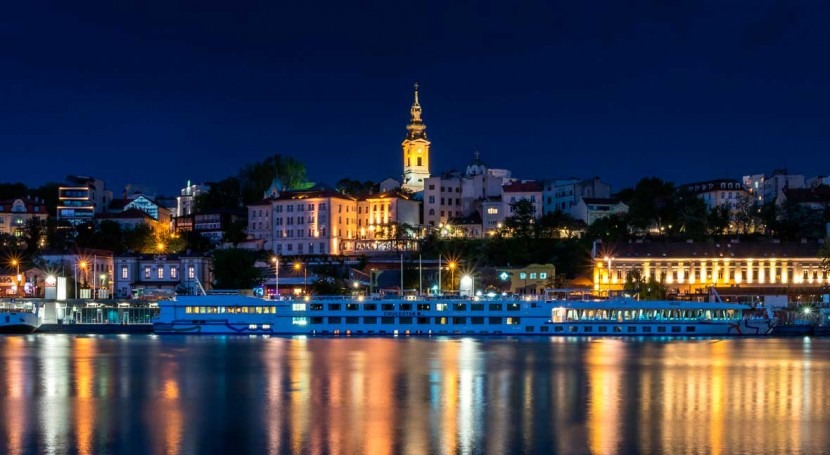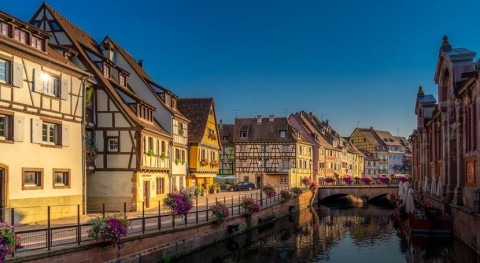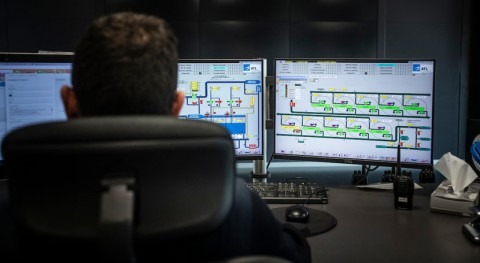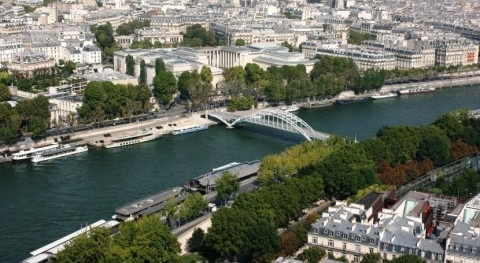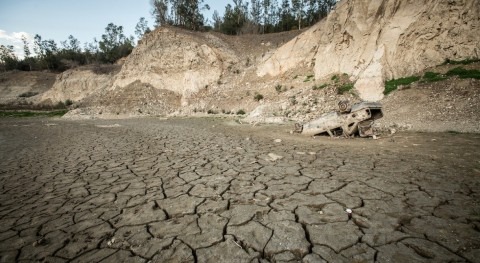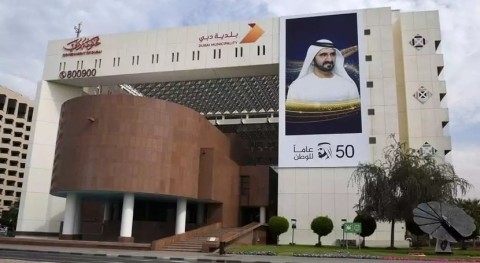Serbia’s capital and largest city, Belgrade, is located at the confluence of the Sava and Danube rivers. Home to nearly 1.7 million people, the city dumps its wastewater untreated into the Danube, reports Phys.org.
About one third of the city is not connected to a sewerage system and depends on septic tanks, which are emptied by trucks that discharge the sewage into the river. The wastewater from the rest of the Belgrade is collected but is also discharged untreated to the river, about 190 million cubic meters per year, estimates infrastructure minister Zorana Mihajlovic. Belgrade’s Deputy Mayor Goran Vesic has said "No big city in Europe commits such a crime towards its rivers".
Because of its large discharge (an average of 5.600 cubic meters per second at Belgrade), the Danube can absorb a large amount of pollution and manages to “cleanse itself”, according to Bozo Dalmacija, professor of chemistry leading a water quality research team in Serbia, but locals claim waste build-up is making the riverbed shallower and bottom feeding fish that thrive eating waste are now more abundant than other types of fish.
The second-longest river in Europe, the Danube is the world’s most international river and a historical trade route with a long history of transboundary cooperation focused on navigation. Cooperation to address the increasing degradation of water quality in the river started in 1985 with the Bucharest declaration, and since 1994 the International Commission for the Protection of the Danube River (ICPDR) works to ensure sustainable water management in the Danube River Basin.
According to the ICPDR, inadequate management of municipal wastewater is one of the core problems in the Danube River Basin. The contamination of rivers with untreated wastewater can be harmful in many ways and the long-term effects of such pollution do not only reduce biodiversity in aquatic ecosystems, but also affect human water uses, such as drinking water sources.
Serbia is a candidate to join the European Union in 2025, but environmental problems are in the way: an estimated five billion euro would be needed to build infrastructure. Last summer President Aleksandar Vucic promised "water purifying plants and sewage systems" for 70 municipalities in the country, but there is no further information on such an endeavour. Five years ago, Belgrade’s deputy mayor said the city would have a sewage system by 2020, but the deadline has since then been extended to 2025 and 2029. Although municipal authorities signed an agreement with China Machinery Engineering Corporation to build a wastewater treatment plant last January, the country still has to allocate funds to the project.


